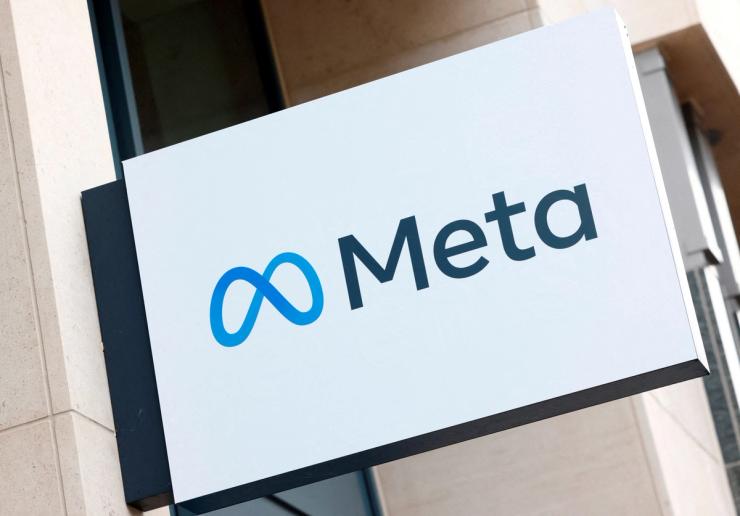The News
LAGOS — Meta, the parent company of WhatsApp and Facebook, is preparing to appeal a decision by Nigerian regulators to impose a $220 million fine against it for alleged market power abuse and privacy violations.
Nigeria’s Federal Competition and Consumer Protection Commission published the fine last week, capping a three-year investigation. The inquiry focused on data sharing practices on WhatsApp, the most widely used messaging service in Nigeria. The commission found evidence of “multiple and repeated, as well as continuing infringements” of the country’s data protection and competition laws and imposed the fine as a final resolution.
Meta was ordered to “immediately reinstate the rights of Nigerian users to self-determine and control” data sharing, and stop sharing WhatsApp users’ information “with other Facebook companies and third parties” without users’ active consent. It was also required to pay $35,000 to cover the cost of the commission’s investigation, in addition to the $220 million penalty. Both amounts are to be paid within 60 days from July 18.
“We disagree with this decision as well as the fine and we are appealing the decision,” a WhatsApp spokesperson said in a text to Semafor Africa. They did not specify where and when the appeal will be lodged.
In this article:
Know More
Nigeria began looking into WhatsApp, which has an estimated 51 million users in the country, in May 2021. That was four months after the app updated its global privacy policy on messaging between individuals and businesses, and how users’ data may be shared with Facebook.
Meta began responding to concerns detailed in Nigeria’s report around March this year, pledging to cooperate towards “reaching an amicable resolution,” according to the commission.
A “remedy package” proposed by Meta and sent mid-April proved unsatisfactory to the commission, however, its report said. It is not clear what this package is — an email for comment to the commission was not responded to. Nigeria still expects Meta to implement it and publish it on WhatsApp’s website within two weeks, in addition to the fines.
Beyond complying with its laws, Nigeria’s aim with the penalties is to get Meta to “cease the exploitation of consumers and their market abuse,” the commission said.
Alexander’s view
Nigeria’s competition watchdog believes it is on a righteous cause against Meta but driving the social media company further away from the country — and putting other tech companies on alert — could be an unintended consequence.
In June, Meta began reducing its office space in Lagos after a round of global layoffs in 2023 that affected the company’s software engineers, some of whom were in Nigeria. Microsoft, who shuttered a five-year project to develop an engineering team in Nigeria in May, is reportedly considering scaling down its physical presence in the country as well and could move roles to Kenya. Meanwhile, Nigeria is also prosecuting a controversial tax evasion case against Binance after taking a more aggressive stance on cryptocurrency’s effect on the economy. Tigran Gambaryan, an American Binance staff, is facing trial in Nigeria as a proxy for the company.
That said, Nigeria’s apparent offensive against tech companies may merely be following successful actions that the European Union and other countries have brought against Silicon Valley. Turkey slapped a $37.2 million fine on Meta in May after investigations into data sharing across the company’s family of apps.
Babatunde Irukera, a lawyer who headed Nigeria’s competition agency and led the inquiry until he was removed by President Bola Tinubu in February, framed the fine on Meta as a demand to treat Nigerians “fairly and no less than consumers anywhere else in the world.” It is a combative framing that he hopes will elicit copycat attempts from other African countries: “Leading continental digital markets accountability is reflective of who Nigerians are!”


